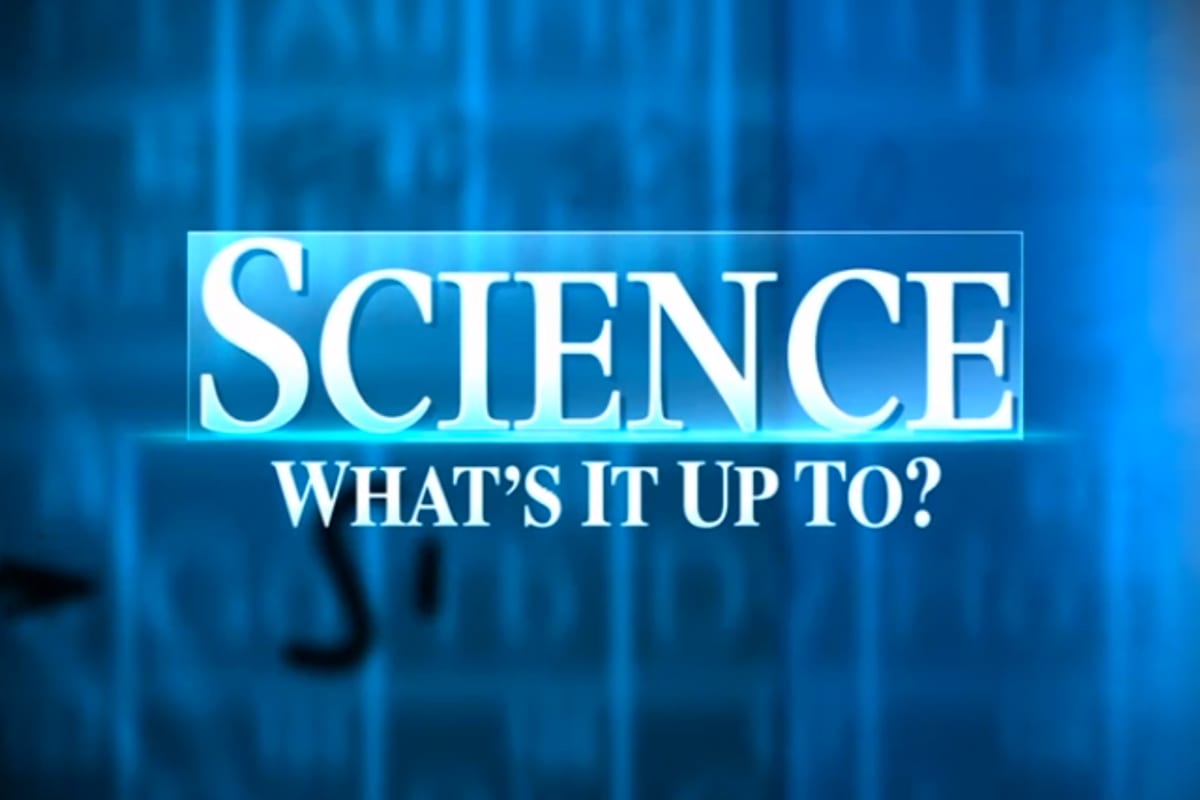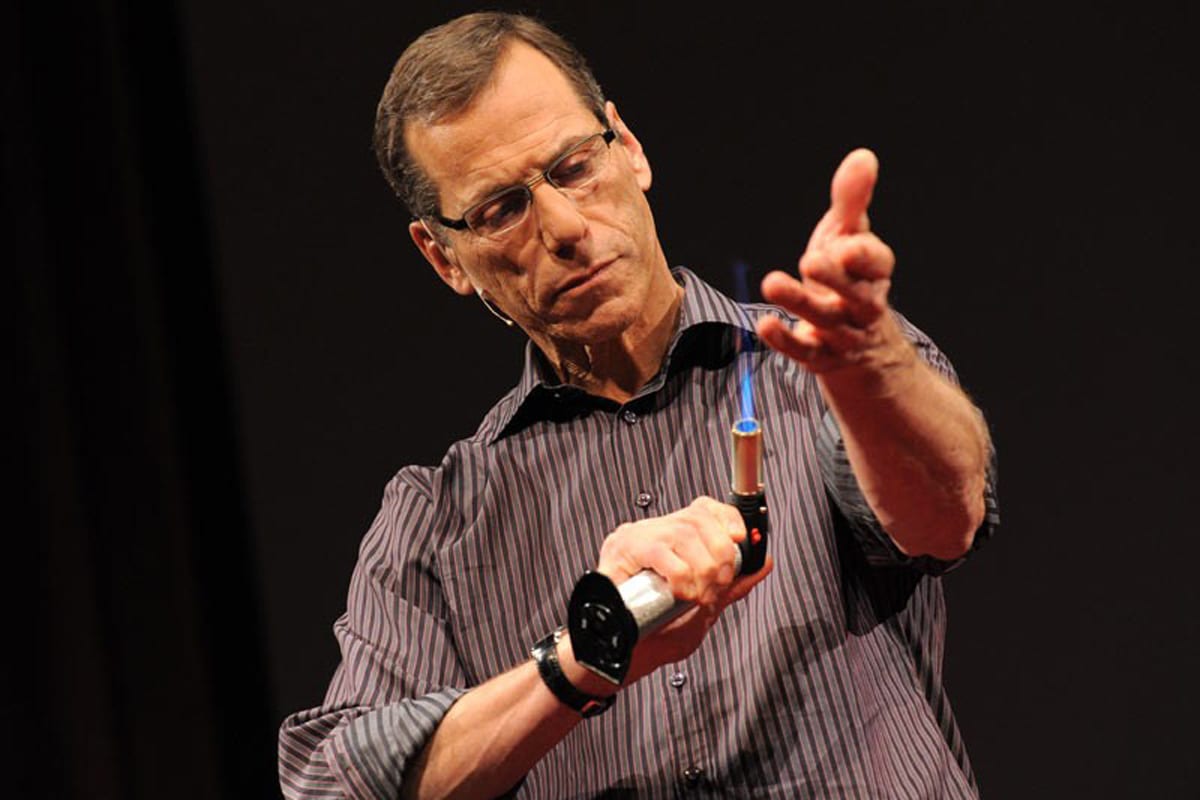Posts by Nick Seaver
JAMA Commentary Calls on Researchers to Use Stories Strategically

Stories need to be told to make your work memorable. Those advocating without science or evidence behind their positions won’t be afraid to use stories, and this commentary demonstrates that you can use stories to deliver research in ways that aren’t misleading or dishonest.
The Daily Show Asks, What’s Science Up To?

The reality is many scientists are concerned about being a political talking point or a pawn in a larger cultural or political debate. The tragic outcome is that too many scientists use this as a reason to avoid engaging all together.
Making Health Policy Pop: An Example from the News
The story is ultimately about shared decision making—a model of care that informs and includes patients in decisions about their care. The takeaway message is clear: by informing patients, we can avoid wide variations in care and ensure that the best choices are made regardless of financial incentives that may exist for the doctor.
TED Talks: Learning to Give Memorable Presentations

We often talk in our workshops about the need to be a student of the media to improve your interviewing skills. This holds true when it comes to improving your presentation skills as well—and TED.com is one of the best classrooms available.
Overheard in the Newsroom: A Reporter’s Plea for Patience
A colleague sent over this post from The New York Times' Dot Earth blog. As she pointed out, it echoes what we've heard from reporters who have been dismissed by impatient scientists for not being well-versed in a specific topic.
How Health Insurance Is Different than a Flat Screen TV
There was a discussion between two former solicitors general, Walter Dellinger and Paul Clement, about the recent court ruling that the provision in health reform requiring most Americans to buy health insurance is unconstitutional.
Documenting the Road to Recovery Using New Media
Dr. Elliot Krane, of the Lucille Packard Children's Hospital and Stanford University Medical School and a Mayday Pain & Society Fellow, has a goal to end children’s suffering from chronic pain. One of the biggest barriers to better care for kids in his pain clinic is the lack of coverage for the treatments that will make them well.
What Do M*A*S*H and Science Have in Common?
An article by The Scientist highlights why we should push to get scientists to engage with the public in a language they'll understand.
Using Strong Visuals to Bring Your Presentations to Life
A lot of us here at Burness are big fans of Hans Rosling, the professor of global health at Sweden’s Karolinska Institute, whose TED talks are always remarkably engaging. He shows his passion for his work that most researchers and doctors … Continue reading Using Strong Visuals to Bring Your Presentations to Life
Pogue’s Primer on Social Media
David Pogue, the technology writer at The New York Times, used last month's announcement from the Times' standards editor that reporters shouldn't use the word "tweet," to provide a basic primer on Facebook, LinkedIn, Twitter, Foursquare, and Yelp.David Pogue, the technology writer at The New York Times, used last month's announcement from the Times' standards editor that reporters shouldn't use the word "tweet," to provide a basic primer on Facebook, LinkedIn, Twitter, Foursquare, and Yelp.
